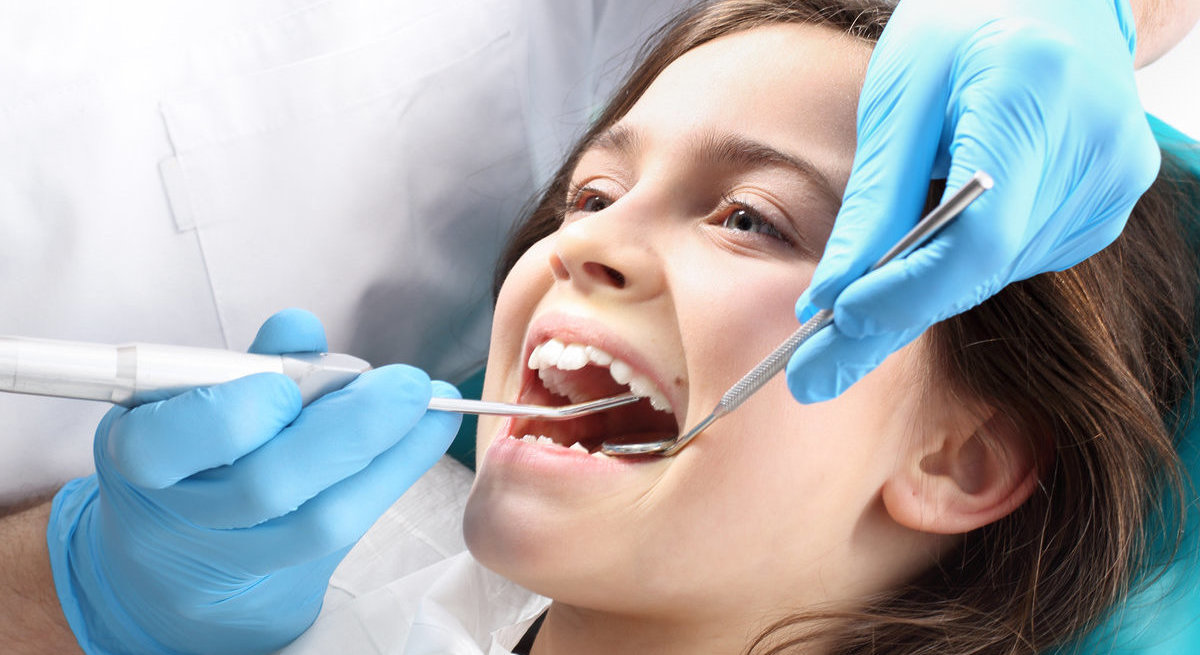Dental sealants in Newmarket are a preventive dental procedure that involves coating the surface of the permanent back teeth to prevent cavities. The sealant quickly bonds with the pits and grooves to form a protective barrier over the surface of teeth. According to the Centers for Disease Control and Prevention, sealants prevent 80% of dental caries in children and adults.
In general, the chewing surfaces of a permanent molar or premolar consist of grooves and pits, which are vulnerable to dental cavities. Food particles can quickly get stuck because of the location and presence of these pits and grooves. Gradually, these food particles lead to plaque buildup and tooth decay.
Are dental sealants necessary?
Tooth decay involves the destruction of the structure of your teeth. It occurs when particles of foods containing carbohydrates such as soda, cereals, milk, fruits, candy, cakes, or bread stick on the tooth surface. Usually, bacteria in our mouths digest these foods and turn them into acids. Later, the bacteria, saliva, acids, and food debris combine and form plaque on your teeth. Moreover, the acids in the plaque dissolve the surface of your teeth (enamel) and create holes.
Although brushing and flossing your teeth assist in removing particles of food as well as plaque on the surface, it’s not enough. The exterior of the back of temporary or permanent teeth is rough, uneven, and a likely hiding spot for food particles. As such, brushing and flossing will not reach the pit and fissure your tooth to remove all the plaque or food. Fortunately, applying a sealant will protect your teeth from bacteria and acids contributing to cavities.
In general, sealants provide the following benefits:
- An effective and painless way to prevent cavities.
- Provide long-term protection. Generally, sealants can last for up to 10 years with proper dental care.
- Once placed, sealants protect against 80% of cavities among children, teenagers, and adults.
- They eliminate the need for invasive dental procedures such as crowns or fillings.
- Sealants may be clear, white, or tinted, which makes them hardly noticeable.
- Most dental insurance covers the cost of sealants.
- It can be placed over small cavities to prevent further damage.
How soon should you have dental sealants?
The earlier you get sealants, the better. Typically, your dentist places a sealant on the first permanent teeth immediately after the biting surface erupts ultimately. Usually, premolars and molars start from age six and stop at age 12. Therefore, sealing these teeth as soon as they erupt can ensure they remain cavity-free for a long time.
Fissure sealants can also be placed on baby teeth with deep pits and fissures. Primary teeth play a significant role in maintaining the correct spacing for permanent ones. Therefore, your dentist may recommend sealants for your child to protect baby teeth and ensure they are not lost early.
Are dental sealants safe?
Generally, pit-and-fissure sealants are an effective method to prevent dental caries. However, consumers are increasingly raising concerns about dental materials’ safety. Below is a list of some of these misconceptions and the truth.
- Sealants are toxic because they contain Bisphenol A (BPA): The quantity of BPA in sealants is significantly low and limited to a few products. This amount is not enough to cause you or your family any harm. In general, you are more exposed to BPA through cosmetic products, handling receipts, or inhaling dust than you are from sealants.
- Fluoride varnish provides the same results as sealants: While fluoride varnish prevents the formation of dental caries, it does not reduce the risk of developing new caries.
- Dental plans don’t cover sealants: Several dental insurances will cover sealants for people under 18.
- Sealants can’t prevent further damage from cavities: Besides helping prevent cavities in the first place, sealants can stop the progression of existing tooth decay.
Although sealants may need to be reapplied if they chip, fall out or wear away, they are worth a try. This preventive procedure has proven to be safe and effective. Contact your nearest Newmarket dentist near you today and protect your teeth for a lifetime.

